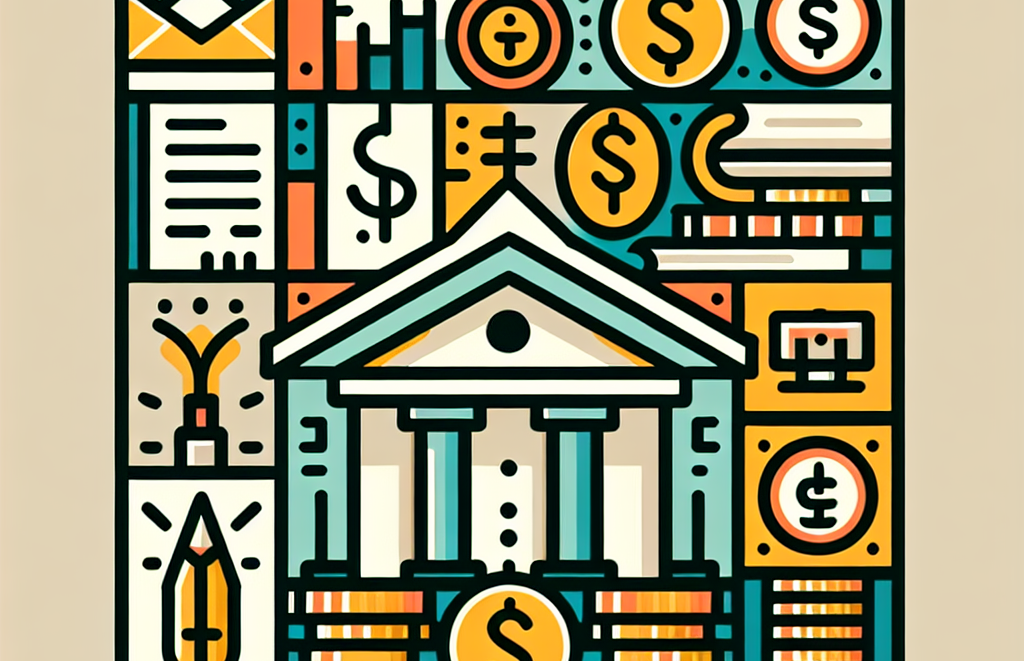
How the Treasury Plans to Reform Financial Literacy in Schools—Again
Understanding the New Credit Card Late Fee Cap: What It Means for You
Hello, friends of financial fairness! Ellie Cartwright here — your resident watchdog, truth-teller, and occasional caffeine-fueled ranter about consumer rights. Today, we’re diving headfirst (but responsibly, with a life vest of knowledge!) into one of the buzziest changes in financial policy this year: the new cap on credit card late fees.
Like most things in the world of banking policy, this isn’t just about a number — it’s about power, accountability, and making sure everyday folks like you and me don’t get nickeled-and-dimed into debt traps. So, let’s unpack what this new rule means, how it came to be, and what you can do to take full advantage of it.
What Is the New Late Fee Cap?
In March 2024, the Consumer Financial Protection Bureau (CFPB) finalized a long-anticipated ruling that limits how much credit card companies can charge you for making a late payment. Previously, many issuers charged up to $41 per late payment — which, let’s be honest, is a hefty penalty for missing a due date, even by a day or two.
Under the new rule, the maximum late fee is capped at $8 for most credit cards. That’s right. Just eight dollars. The CFPB estimates that this rule will save American consumers a collective $10 billion annually. That’s billion with a “B.” Suddenly that missed due date doesn’t feel quite as financially catastrophic, huh?
Who Does This Apply To?
The rule covers all major credit card issuers with over one million open accounts. That means the big dogs — your Chases, your Citibanks, your Bank of Americas — are all in the hot seat. Smaller issuers may be exempt, but they still need to disclose and justify their fees under existing regulations.
The goal of the rule is simple: late fees should be “reasonable and proportional” to the cost incurred by the issuer due to the delay. $41? Not so reasonable. Not so proportional. The CFPB isn’t having it anymore.
Why Did the CFPB Implement This Change?
Ah yes, the million-dollar (or should I say, ten-billion-dollar) question. This cap was the result of years of data collecting, lobbying, consumer outrage, and frankly, some overdue regulatory muscle-flexing.
According to the CFPB’s research, credit card companies were collecting more than five times the actual cost of handling late payments. Essentially:
- Issuers claimed high fees were necessary to cover operational costs and discourage delinquency.
- But the data showed that technology has drastically reduced admin costs.
- The high fees disproportionately hurt seniors, lower-income families, and new credit users.
Bottom line: the old model wasn’t just unfair — it was exploitative. And Ellie doesn’t toss that word around lightly.
Is This Really a Win for Consumers?
Spoiler alert: Yes, it absolutely is. But, as with all things in finance policy, the devil’s in the details.
The Good
- Direct savings: If you miss a payment, you won’t get walloped with an enormous fee.
- Better transparency: Issuers must justify any fee amounts above the cap with data. No more arbitrary pricing.
- Accountability: Regulators are watching. Companies will think twice before adjusting fees upward.
The Not-So-Good
- Some issuers have hinted they might look elsewhere to make up for the revenue — think higher APRs, balance transfer fees, etc.
- If you’re chronically late, even $8 fees can add up. This isn’t a free pass to slack off on payments.
In short: It’s a policy W for the people. But personal responsibility, as always, still matters.
How to Make the Most of This Change
1. Automate Your Payments
While the fee cap makes being late less disastrous, there’s no reason not to be on time. Most card issuers allow free auto-pay setup. Just link your bank account and never worry about missing a due date again.
2. Revisit Your Credit Card Contracts
With this shift in policy, issuers may update their terms. Be smart — read the fine print, especially anything about APR changes or “new benefits” that mask hidden charges.
3. Use CFPB Resources
The CFPB doesn’t just regulate — it empowers. Their tools and complaint system are top-tier. Think you’ve been overcharged or misled? File a report directly through the CFPB complaint system.
4. Spread the Word
If the banks can afford multi-million-dollar ads about trust and transparency, we can afford to talk to our families and communities about their rights. Share this knowledge. Encourage others to stand up for themselves. Financial literacy is a team sport, folks.
Pushing Forward: What’s Next for Consumer Advocates?
This isn’t just a story about late fees — it’s a case study in why public advocacy matters. When consumers raise their voices, call out unfair practices, and demand legislative change, things happen.
Ellie’s personal wishlist moving forward?
- An end to junk fees across all financial sectors — especially in overdrafts and payday loans.
- Real-time payment systems so delayed transfers don’t trigger penalties unfairly.
- Financial education mandates in schools — every child should know what APR stands for by the time they graduate.
Progress is possible. This late fee cap is proof.
Final Thoughts from Ellie
This ruling represents something rare and refreshing: a government agency standing up to powerful institutions on your behalf. Credit card late fees have long been a sneaky revenue stream for banks and an unnecessary punishment for the rest of us. But that’s changing — because enough people said “this isn’t right.”
Let’s keep saying it. Let’s keep fighting. That’s what this section — Financial Policy & Consumer Advocacy — is all about. If we don’t hold banks and creditors accountable, no one will. And as long as I’m reporting, ranting, and caffeinated, I’ll be right here making sure no one messes with your money rights.
Got a story about unfair fees or shady financial practices? Let’s connect via our Contact page or check out more about our mission here.
Until next time, keep questioning, keep pushing — and don’t be late (to fight injustice or to pay your bill).


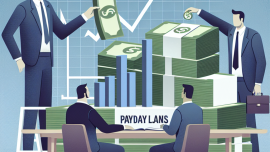
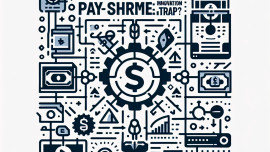

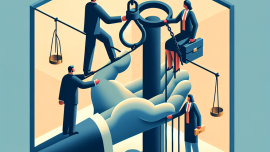
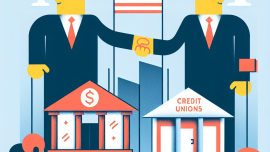
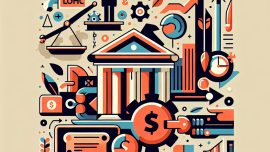
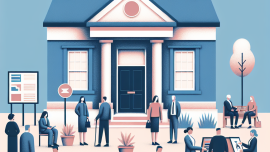
Leave a Reply